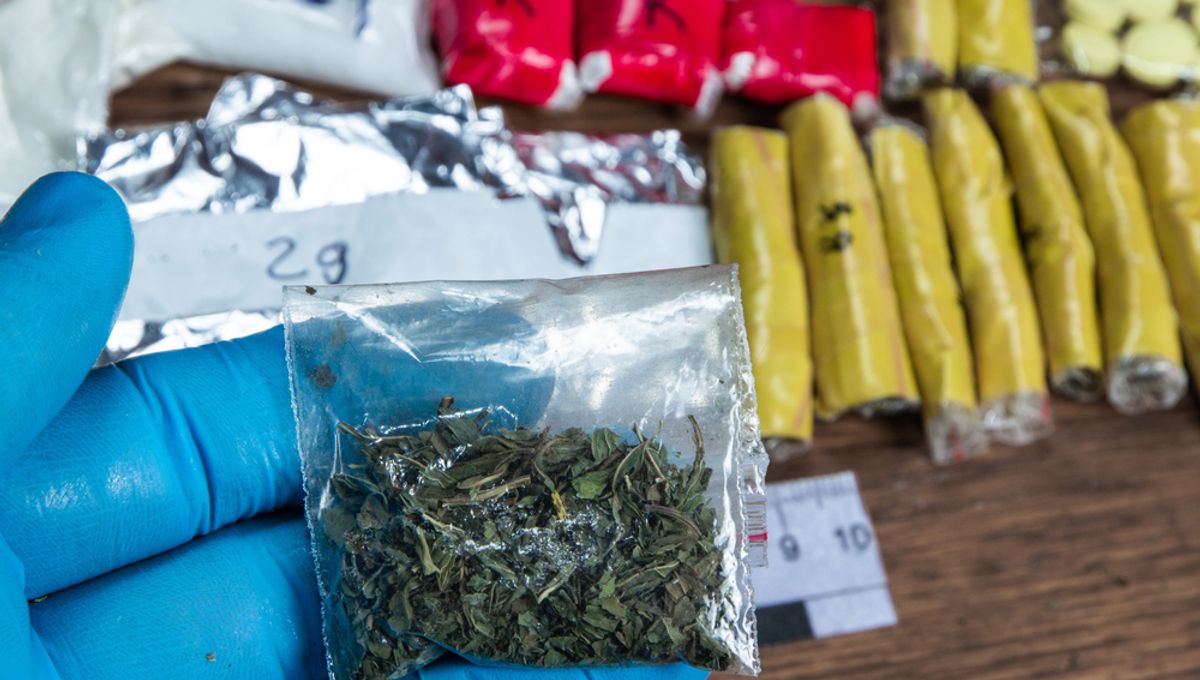
At least four people have died and 52 have fallen sick after consuming synthetic cannabis containing rat poison, according to a new report by the US Centers for Disease Control and Prevention (CDC).
This latest cluster of cases first started appearing in Florida around December 2021, when the state poison center came across three patients with unexplained bleeding and a history of synthetic cannabinoid use. Upon investigation, dozens more cases were seen predominately across Tampa, as well as some sporadic cases throughout Hillsborough County.
The patients were suffering from coagulopathy, a condition where the blood’s ability to form clots is affected, resulting in excessive bleeding. This led to an unpleasant collection of symptoms, including peeing blood, abdominal pain, and vomiting blood.
Through interviews with some of the patients, it became apparent that many had used synthetic cannabinoid products. Paired with this, at least four of the synthetic cannabinoid products they had used tested positive for brodifacoum.
Brodifacoum is one of the most commonly used pesticides, used against mice, rats, and possums. This chemical kills the animal by reducing the animal’s ability to clot its own blood, causing them to hemorrhage and bleed to death. It does this by inhibiting an enzyme responsible for regulating vitamin K, which plays a critical role in blood clotting.
In sum, the synthetic cannabis contained a potent rat poison that was depleting their levels of vitamin K, resulting in excessive bleeding.
To remedy the illness, the patients were given high doses of vitamin K1. Almost two-thirds of patients were uninsured and unable to pay for the vitamin K1 treatment, which can cost upwards of $65,000 per month. Luckily, a private pharmaceutical company donated enough vitamin K1 tablets to treat all 52 patients.
Bear in mind that synthetic cannabis (aka spice or K2) is a very different beast from natural cannabis. Synthetic cannabis contains human-made chemicals that have been tweaked in a lab to mimic the chemical structure of THC (the active ingredient in marijuana) and bind to cannabinoid receptors in the brain.
The chemicals are then sprayed onto shredded leafy material that can be smoked or just sold as a liquid that can be ingested or vaped. The result is a high that’s more potent, more unpredictable, and more dangerous.
Why anyone would add rat poison to a batch of synthetic cannabis is uncertain. Some previous research has indicated that brodifacoum might be added to other recreational drugs, like crack cocaine, to “enhance” the high.
Whatever the reason, it’s a problem that has been seen before. Back in 2018, the CDC published a similar report that found synthetic cannabis users were falling sick from excessive bleeding due to brodifacoum-laced drugs.
The Drug Policy Alliance in the US has pointed out that synthetic cannabis products are often mislabeled and consumers often don’t know what they’re actually consuming – or the danger they are potentially putting themselves in. One way to address this, they argue, is to reevaluate the legality and regulation of natural marijuana as a means of reducing demand for synthetic cannabinoids.
The full paper can be found in the CDC’s Morbidity and Mortality Weekly Report.
Source Link: Four People Died From Fake Cannabis Spiked With Rat Poison In Florida